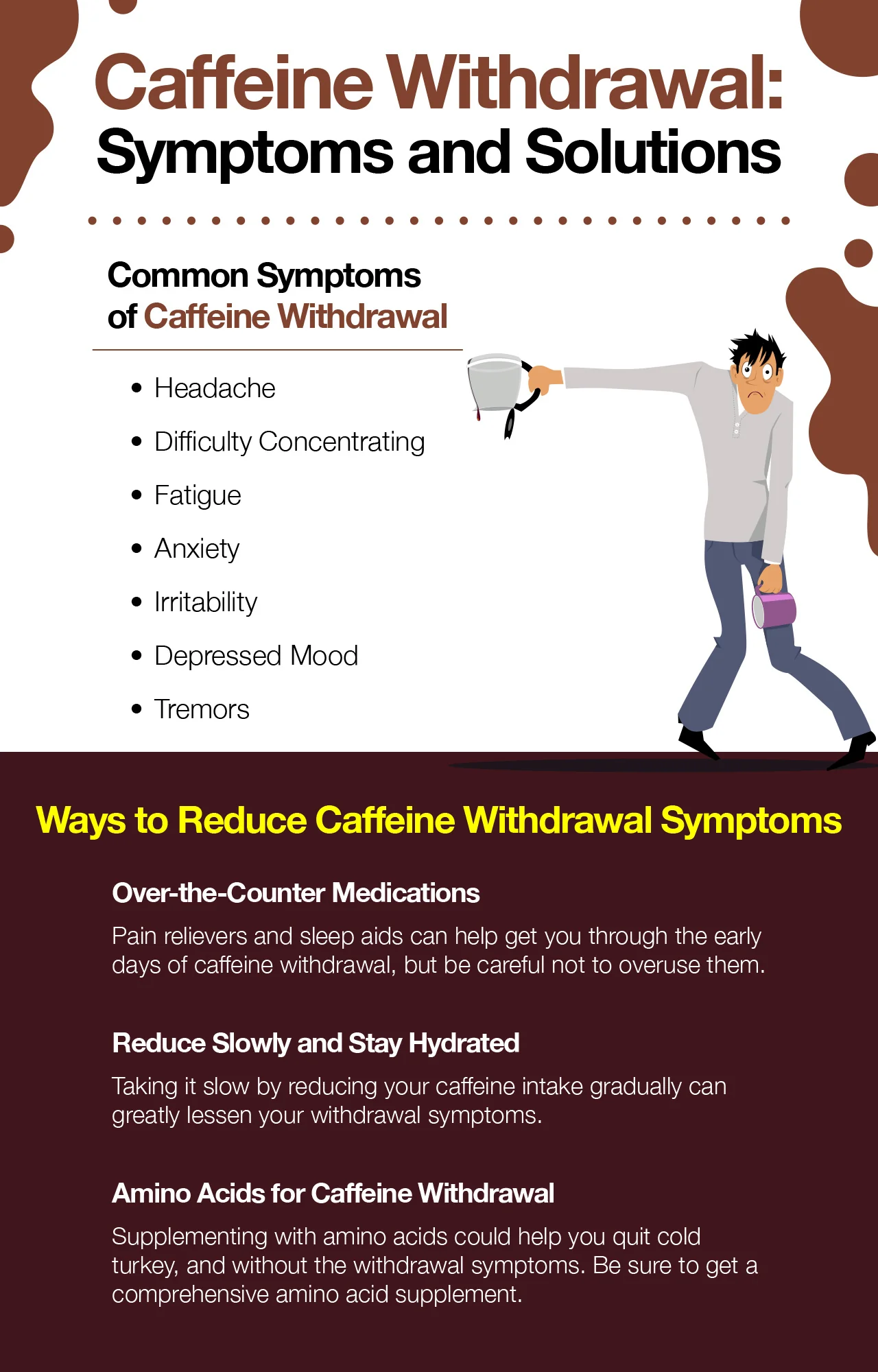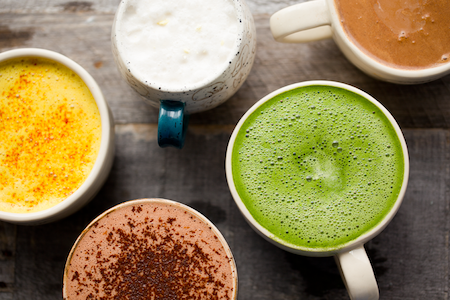

Common coffees and teas have up to 15% caffeine, while energy drinks can pack double the caffeine as coffee in the same volume. Rest When You're Tiredįor some of us, it's hard to imagine functioning at all without caffeine. It is important to understand that it has psychoactive effects, so it may interfere in ways you don’t expect. However, not all people experience the same effect. Research shows that the majority of Americans still consume less than 400mg of caffeine, and the more potent effects of caffeine are usually only observed at much higher doses. Use of oral contraceptives and pregnancy can slow down caffeine metabolism.Ĭaffeine is so entrenched in our daily lives that we don’t see it as a cause of potential health problems. Lifestyle factors may influence caffeine metabolism as well. Some metabolize it quickly, so they are less likely experience any negative effects. Many people take caffeine without experiencing any negative effects, but for some, having too much can cause distress.Ī person’s caffeine tolerance may depend on body weight and how they break down caffeine.

So for a child who weighs 55 pounds, this means a daily intake of 62.5 mg of caffeine max.Īlthough the recommendations for caffeine intake are based on particular amounts, the effects may differ from person to person. Caffeine is rapidly absorbed by the body and can cross the placenta, which may influence blood flow in the placenta and affect fetal growth.Ĭhildren and adolescents’ caffeine intake should not go beyond 2.5 mg of caffeine per kilogram of body weight per day. Although the research allows up to 300 mg of caffeine per day, the American College of Obstetricians and Gynecologists advises expectant moms to limit caffeine to 200 mg. When it comes to pregnant women, the amount of caffeine is particularly important. A cup of brewed coffee can contain 75 to 200 mg of caffeine, depending on the source. Researchers concluded that a healthy adult can safely consume up to 400 mg of caffeine every day, which is equivalent to about 4 8-ounce cups of brewed coffee. This systematic review evaluated caffeine consumption from any source. How Much Caffeine is Safe?Ī research compilation review looked at the side effects associated with consuming too much caffeine such as general toxicity, behavioral effects, developmental and reproductive effects, cardiovascular effects, and effects on calcium absorption and bones. Many things, like caffeine, can be beneficial in one context and not in another. When working with clients, we always take into account their overall health and lifestyle before assessing whether something is good or bad. With all these caffeine benefits, when is too much? And if necessary, what is the best way to cut caffeine consumption? Other people have reported feeling less hungry when consuming caffeine, although only a few would consider it a weight loss aid. Studies revealed that caffeine has the potential to slow Parkinson’s disease.

When you take caffeine, it produces positive effects on your mood and alertness, and many people favor these effects.Īlthough many people depend on coffee for a quick jolt, more and more studies reveal other benefits of caffeine such as enhanced memory, improved liver health, and better athletic performance. Is Caffeine Good or Bad?Ĭaffeine is the most consumed psychoactive substance. Too much caffeine, over too long of a period of time, can cause dangerous issues. Numerous studies suggest that caffeine can increase blood pressure and heart rate, while increasing feelings of anxiety, stress, and even road rage. As common as these caffeine sources are and as much as they proliferate our home and work environments, it’s essential to consume them with care. While it may work as a short-term fix, all of this caffeine can do even more to harm a fatigued adrenal system which could, in turn, lead to more tiredness or a caffeine crash along with other complications. However, people are influenced by caffeine in many different ways. Most experts say that taking caffeine in moderation is fine for healthy adults. It is a socially acceptable form of addiction. High dose caffeine consumption has become the source of a much needed “boost” when our bodies get low on energy. In fact, it can be considered “antisocial” if a cup of coffee is not in your hand as the day begins. About 90 percent of the US population consumes caffeine on a regular basis, a stimulant that has been taken since time immemorial. Caffeine is a naturally occurring compound, but its prevalence in today’s society is so widespread that its consumption in mass quantities has become commonplace.


 0 kommentar(er)
0 kommentar(er)
